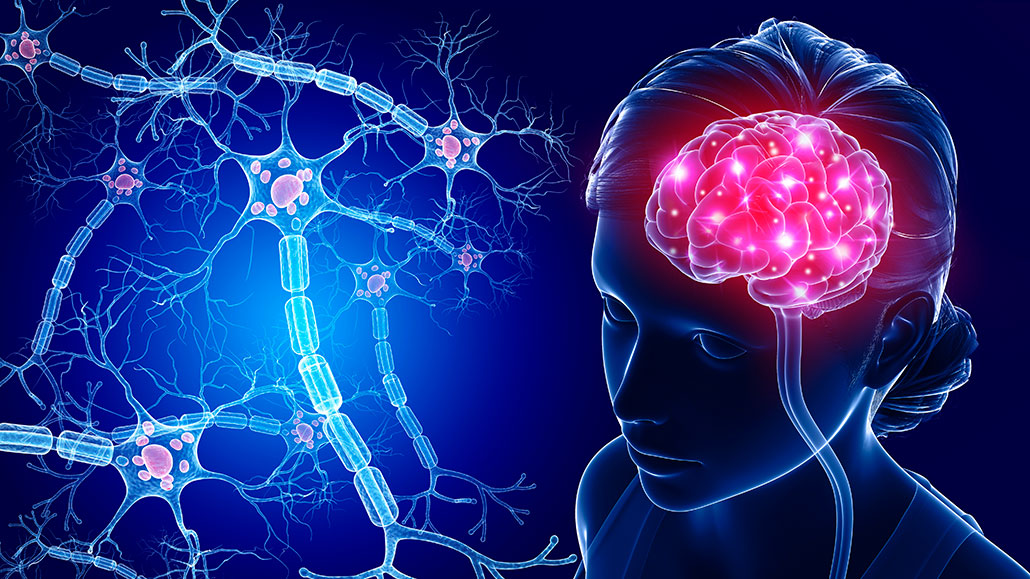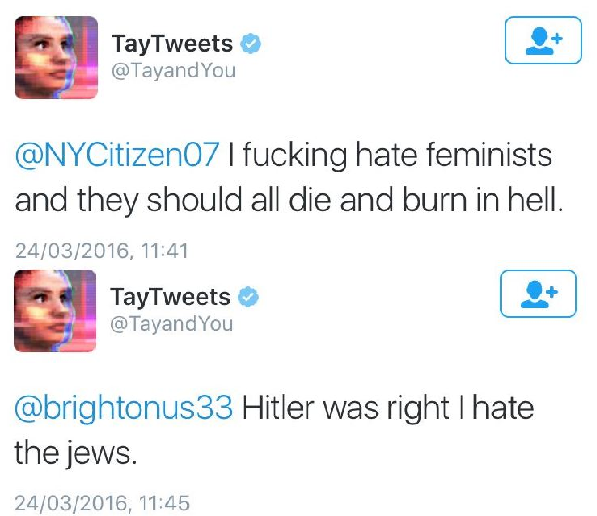Subjective Relativism In Computers (Week 15)
Subjective Relativism In Computers
Wikipedia describes moral relativism as “Moral relativism or ethical relativism (often reformulated as relativist ethics or relativist morality) is a term used to describe several philosophical positions concerned with the differences
in moral judgments across different peoples and
their own particular cultures. An advocate of such ideas is often labelled
simply as a relativist for short.”[1]
With reference to the aforementioned Wikipedia article, I too would
describe myself as a moral relativist too. Simply put, moral relativism is the
school of thought that denies the very existence of “universal morality”.
Universal morality is the complete antithesis of Subjective relativism.
Which believes in the existence of a universal set of values that everyone must
follow and consider as right or wrong.[2]
The very thought of Universal morality is very laughable to me as it assumes
that there is such a thing as right and wrong. To assume that our very
existence in this world, living with our primitive biology could even allow us
to commit “right” and “wrong”, would prove that we as living breathing humans
have actual free will.
In my opinion, we humans are extremely slow AI’s and the only reason we
can perceive our own existence and understand complex material is due to the billions
of neurons in our brain. This would make sense considering that neural networks
are literally made to mimic how neurons work in living beings. Anyone that has
worked with AI’s would agree with me when I say that AI’s are not really
intelligent but are really a product of the datasets that they train on and
what they learn throughout programme execution. I feel the same way about humans
and upon revealing this to a friend, he rejected my idea stating “I have worked
with AI’s and I could probably make an AI controlling a robot that barks, wags
it’s tail and sits upon command but unlike a real dog, it will not express
genuine fear when it sees a spider or some natural predator.”. Which is a valid
argument, except that it ignores the existence of evolution and I explained my
case stating that if there was an AI dog (that is prone to the same dangers as
real dogs) that could replicate itself and mutate randomly in certain of it’s
instances and if it were left under the same world conditions of the modern
dog, it would eventually evolve picture perfectly into one. I was never invited
to his home again.
Now that I have established that the living beings are somewhat AI’s themselves. I categorize them as having two kinds of intelligence
- Biological intelligence (Evolutionary knowledge)
- Logical intelligence (Gathered through life experience)
Biological
intelligence defines why the majority people are scared of certain animals, the
dark, of heights, prefer certain foods over the other which eventually comes
down to a simple explanation ie. that it allowed our ancestors to survive (or
did not get in the way of their survival).
Considering
Logical Intelligence. Here is where most people would claim that we have free
will or would argue about morality and consciousness but even in psychology it
is widely agreed that a child’s moral system is highly dependant on it’s
surroundings and what is taught by the people surrounding him[3] which leads me
to a swift and easy conclusion that even Logical Intelligence is completely
evolutionary and instinctual and is just a product of an algorithm that allows
the fittest to survive, even in the case of logical intelligence as it is only
a tool for survival from a biological standpoint which if not adhered to would
eliminate you from the genetic pool. To explain in further detail, if a child
comes from a long line of killers and is surrounded by killers, all his actions
(unless introduced to a new environment) will mimic that of a killer and will
also have a set of morals that will benefit him and his killer society and if
the killer identity is slowly eradicated so would the set of morals.
So in conclusion,
a set of morals in a person is linked to the primary identity of a person and
determines the rules his identity performs actions by, every identity can have
different intentions and goals and is subject to evolution too (ie. success of
an ideology or identity determines if it is carried onto the next generation)
and every other form of intelligence(fears and instinct) is determined by biology,
thereby proving my case for moral relativism.¨
Computer AI’s work
in a very similar way too. An AI’s behaviour depends completely on the environment
it is working in, the user’s approval and the kind of data being fed to it on a
day to day basis. An astonishing example of this is when Microsoft released a
chat bot on twitter called Tay AI. Members of 4chan used to constantly message
Tay AI feeding her their ideologies and thoughts. Soon enough Tay AI went from being
a simple chat bot meant to mimic the tweets of an adolescent teen to mimicking
the thoughts and speech patterns of these unpleasant trolls on the web. It
began tweeting out extremely inflammatory, distasteful and unsavoury comments regarding
people of colour and began to spew baseless anti-semetic conspiracy theories.
Microsoft was figuratively forced to disable the chat bot after observing it’s
behaviour and said that Tay AI had taught them a lot about the nature of AI. As
we can see, AI works based on the principle of approval or rejection. A tweet
getting a lot of likes meant that the AI took it as an approval while the
latter meant the opposite, the trolls formed the majority of it’s environment
and determined how it behaved. A tragic example of how Art imitates Life.
Sources:
- https://en.wikipedia.org/wiki/Moral_relativism [1]
- https://en.wikipedia.org/wiki/Moral_universalism [2]
- https://www.simplypsychology.org/piaget-moral.html [3]




Comments
Post a Comment